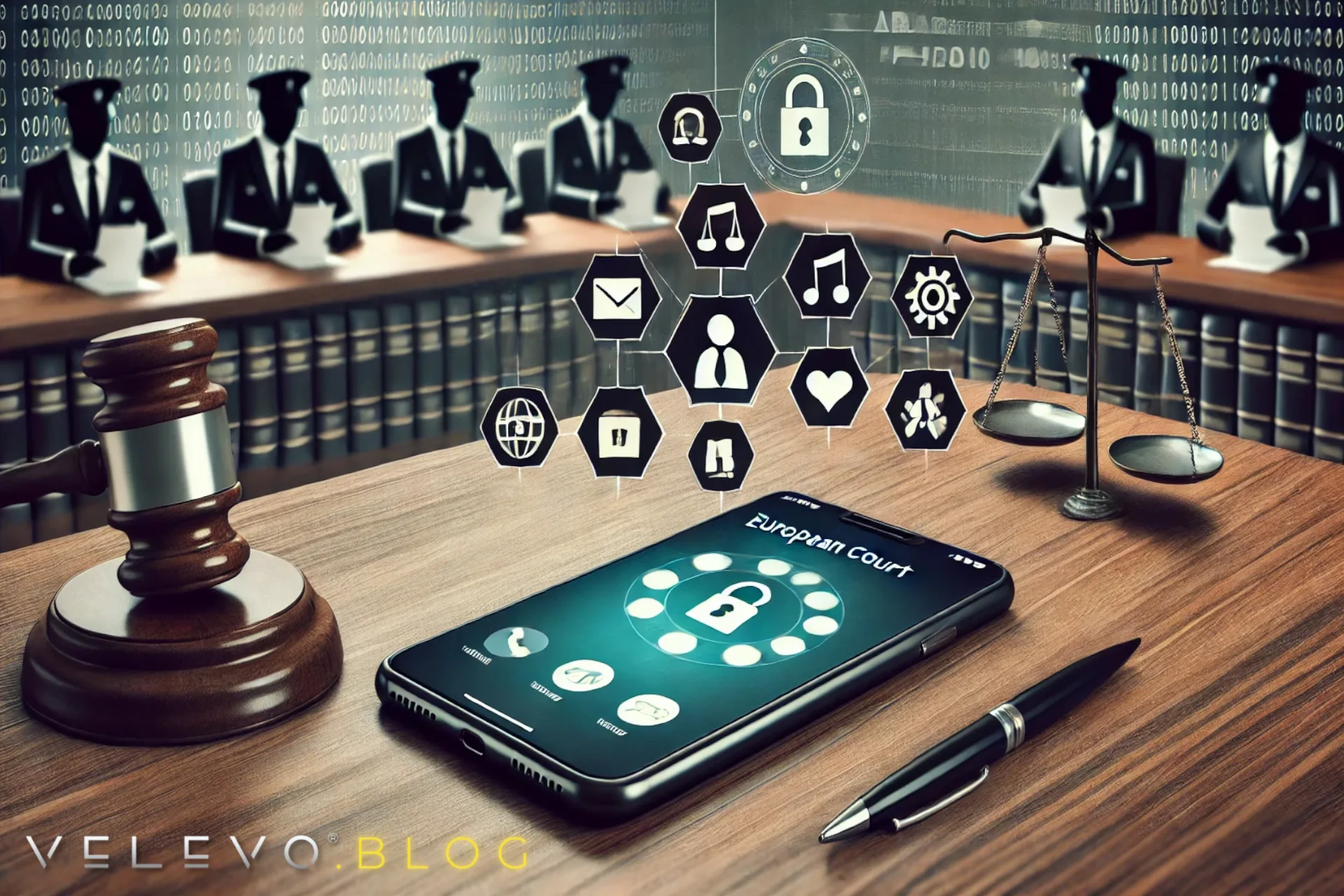On October 4, 2024, the European Court of Justice (ECJ) issued a landmark ruling on police access to mobile phone data. The ruling in Case C-548/21 clarifies that the police can access personal data stored on mobile phones under certain conditions – and this is not limited to the fight against serious crime. But what does this ruling mean for us as individuals? How safe is our mobile data, and what can we do to protect it?
The Ruling at a Glance
The ECJ’s ruling is based on a case from Austria, where the police attempted to unlock a suspect’s mobile phone without a judicial warrant during a drug control. The ECJ ruled that access to data on a mobile phone is not only permitted in the case of serious crimes. However, strict conditions must be met:
- Judicial Authorization: Access must be authorized by a court or independent authority. In urgent cases, this authorization can be waived Case C-548/21.
- Proportionality: The intrusion into the fundamental rights of the person concerned must be proportional to the seriousness of the crime Case C-548/21.
- Information of the Person Concerned: The person must be informed of the access afterwards as soon as this no longer compromises the investigation Case C-548/21.
What Does This Mean for You?
This ruling affects us all. Our smartphones store not only contacts and messages but also photos, browsing history, location data, and more. Unauthorized access to this data can significantly affect your privacy. And the ruling shows that such access could occur even for minor offenses. It is becoming increasingly important to proactively safeguard your mobile data.
Tips to Protect Your Mobile Data
- Activate Full Device Encryption: Encrypt your smartphone to ensure that data cannot be easily read even if someone gains physical access to your device. Most modern smartphones offer this feature by default.
- Strong Lock Screen: A strong password or biometric security (fingerprint, face recognition) will protect your data if your device is lost or seized.
- Two-Factor Authentication (2FA): Set up 2FA for important accounts and apps to add an extra layer of security.
- Security Software and Anti-Malware Tools: Numerous apps protect your smartphone from viruses, malware, and other security threats. Make sure these are updated regularly.
- Control App Permissions: Regularly review app permissions on your smartphone and disable unnecessary access to sensitive data.
Advanced Security Measures
- VPN (Virtual Private Network): A VPN encrypts your internet connection, making it difficult for anyone to track your online activities.
- Tor Browser: If you value anonymity, consider using the Tor browser, which encrypts and anonymizes your data traffic.
- Encrypted Drives and Memory Cards: Encrypt external storage devices such as SD cards or USB drives to ensure that sensitive data is also protected on external devices.
- Secure Messaging Apps: Use encrypted messaging apps like Signal or Telegram (with secret chats enabled).
- Manage Metadata: Avoid leaving behind metadata that could reveal your activities. Use tools to manage and minimize metadata.
Conclusion: Proactive Security for More Safety
The ECJ ruling shows that police access to mobile data is permissible under certain conditions. Protecting your data is becoming more important than ever. With simple measures like encryption, strong passwords, and advanced security options like VPNs and encrypted drives, you can ensure your data remains safe even in the event of unauthorized access.
VELEVO® is here to help you safeguard your digital privacy. Our experts will help you find and implement the right security measures for your specific needs.


0 Comments